It has been named Overshoot Day, the day of excess. Meaning this is the day when humanity consumes all of the resources that the Earth is able to generate in a year, and therefore, we surpass the limit.
We use more natural resources than nature is able to generate. The rate at which we consume natural resources is greater than the capacity of ecosystems to regenerate. Excess means fishing more fish than are born, more trees are cut down than can grow, or more CO2 is released into the atmosphere than the earth is able to absorb.
Since the 70s the Global Footprint Network started to calculate the biological capacity of the Earth to support the human footprint. In 1971 Overshoot Day was reached on 21st December, in 2017 it was 2nd August, and in 2018 it came one day earlier: this means that the 152 remaining days in this year we will be living on credit from the Earth. To face the current ecological footprint, we would need 1.7 planets.
In reality, in some parts of the world the overshoot day arrived many weeks before. In Qatar and Luxembourg they had consumed their annual stock by February, the USA and Canada by March; Germany, France, the UK or Japan by May, and Spain by June. Jamaica and Vietnam will reach the limit in December. Despite the existing differences among states, the global trend shows us that the ecological footprint has multiplied by 2.5 in the past 50 years, surpassing our planet’s biocapacity.
The Global Footprint Network
In order to be able to live within the limits of our planet, the non-profit association Global Footprint Network was established. Its mission is to try and help avoid the ecological loss placing ecological limits at the centre of any decision-making and promoting the idea that it is possible to prosper within our planet’s limits. To do this, they work towards providing tools and resources to help people, cities and states.
The calculator
To work out the impact, they developed a calculator that relates the planet’s resources and consumption. Anyone can calculate by which day their behaviour surpasses the limits of the Earth: providing data on our lifestyles, consumption, transport and housing, we can calculate our ecological footprint and find out whether or not we are able to live within our planet’s limits or whether we need more than one…
The campaign 'Move the date'
With the campaign Move the date, they encourage us to push back the date of excess and delay it as much as possible. To make this possible they suggest eating less meat, reducing foot waste, using our cars less, especially if travelling alone, or actively engaging in the adoption of environmental measures in our towns and cities.
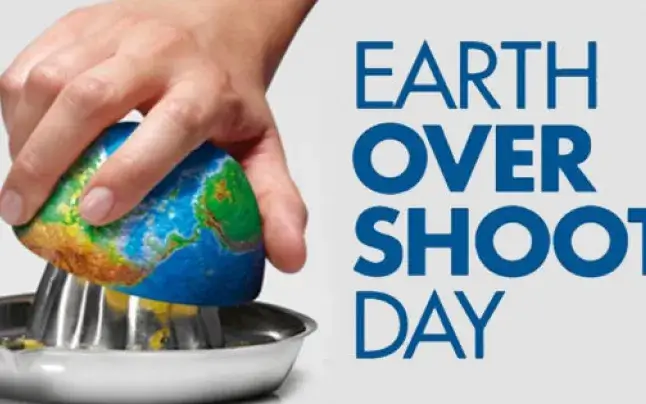
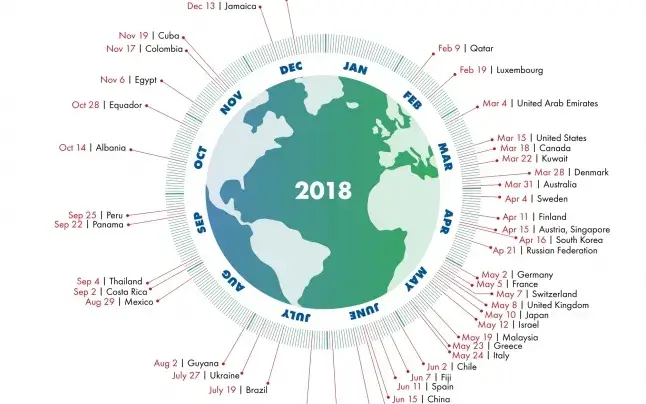
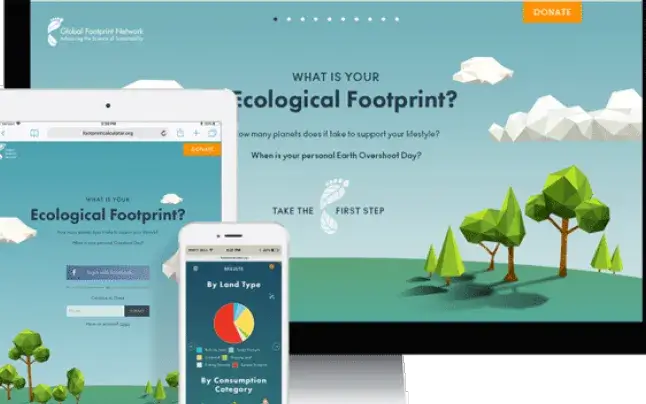



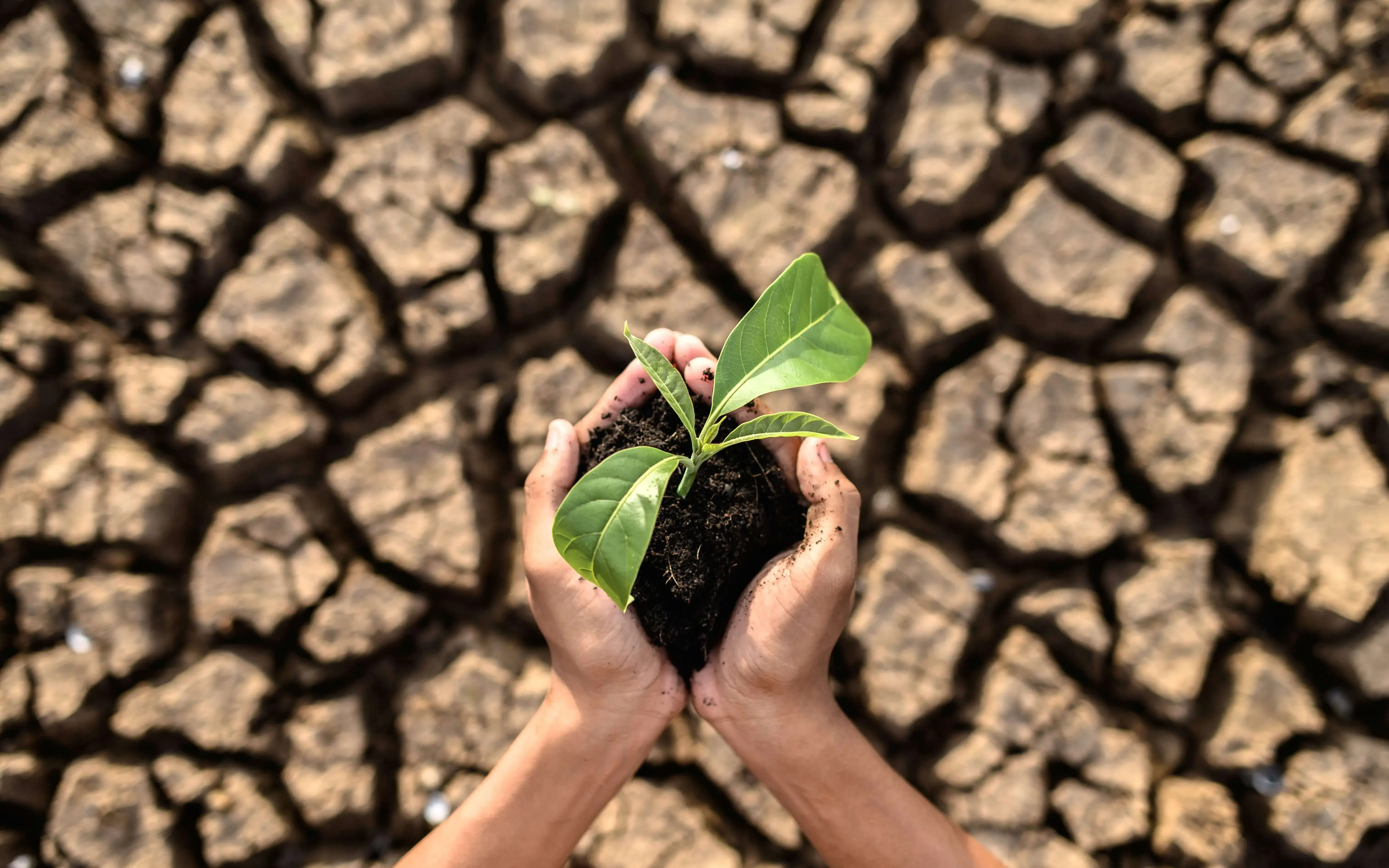

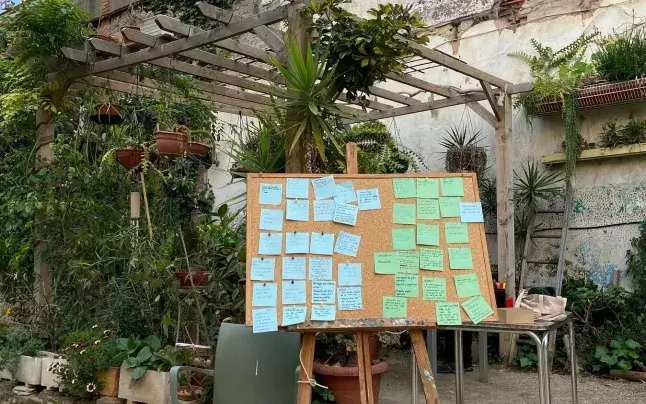
Add new comment